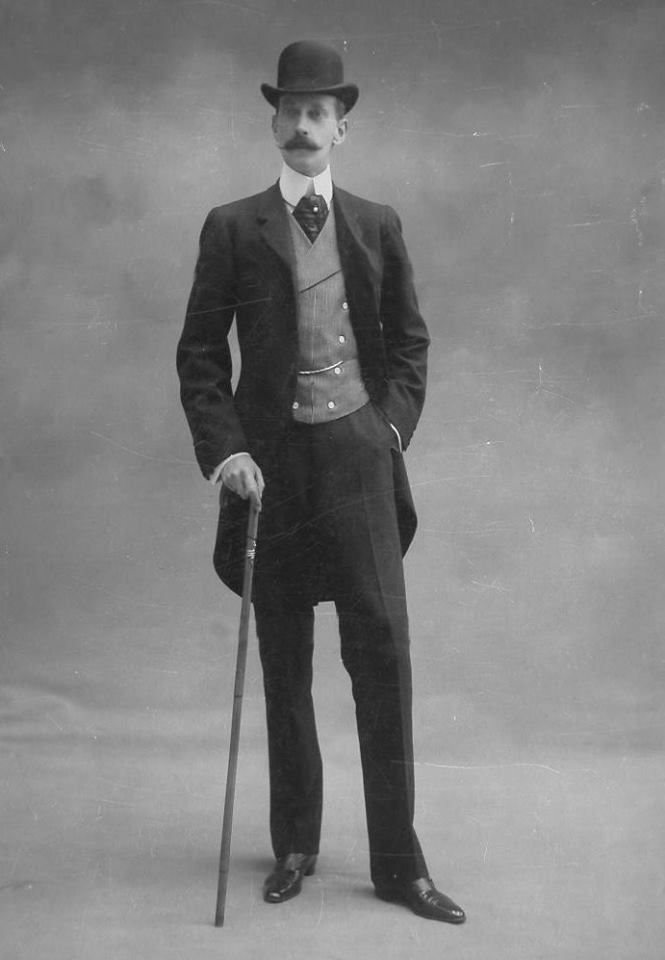In Defense of Gentlemanly Things

The following is a guest post by Jason Craig, Executive Director of Fraternus.
Vanity turns us in on ourselves, like all sin. But in the case of the superficial or vain “gentleman” we are turned inward with the false image of being a man for others, a vanity more pitiable than others. The gentleman, after all, is not the one who wants everyone to notice him, and how “gentlemanly” he is.
Yet, I think the trend of “calling out” so-called vain gentlemanly things to be wrong. Wrong not because vanity is not dangerous or possible (if not probable), but because it is a misdiagnoses of the root problem. I don’t think that the young men buying fedoras and wingtips are struggling with vanity or false hopes of these things seeping into their souls and making them men. I think they long for a sense of belonging, place, culture, and most important of all, fatherhood. That sense and even that reality comes to us in many forms, and those gentlemanly things and manly traditions of yore are one way they arrive.
The Necessity of Custom
The transition from sonship to manhood happens through rites of passage and symbols that accompany a culture. Every culture has these signs, these almost sacramental ways that men have said to young men: this is how to be a man; this is what is important in life; this is who you are. “Now, my son, you are a man.” These signs are not universal, but the bestowing of manhood from generation to generation is. We don’t say, for example, that a camping trip is the only way to become a man, but in some families and even regions one safely says, “This is how we become men.” By analogy, we don’t say that the Rosary itself will save you, but

